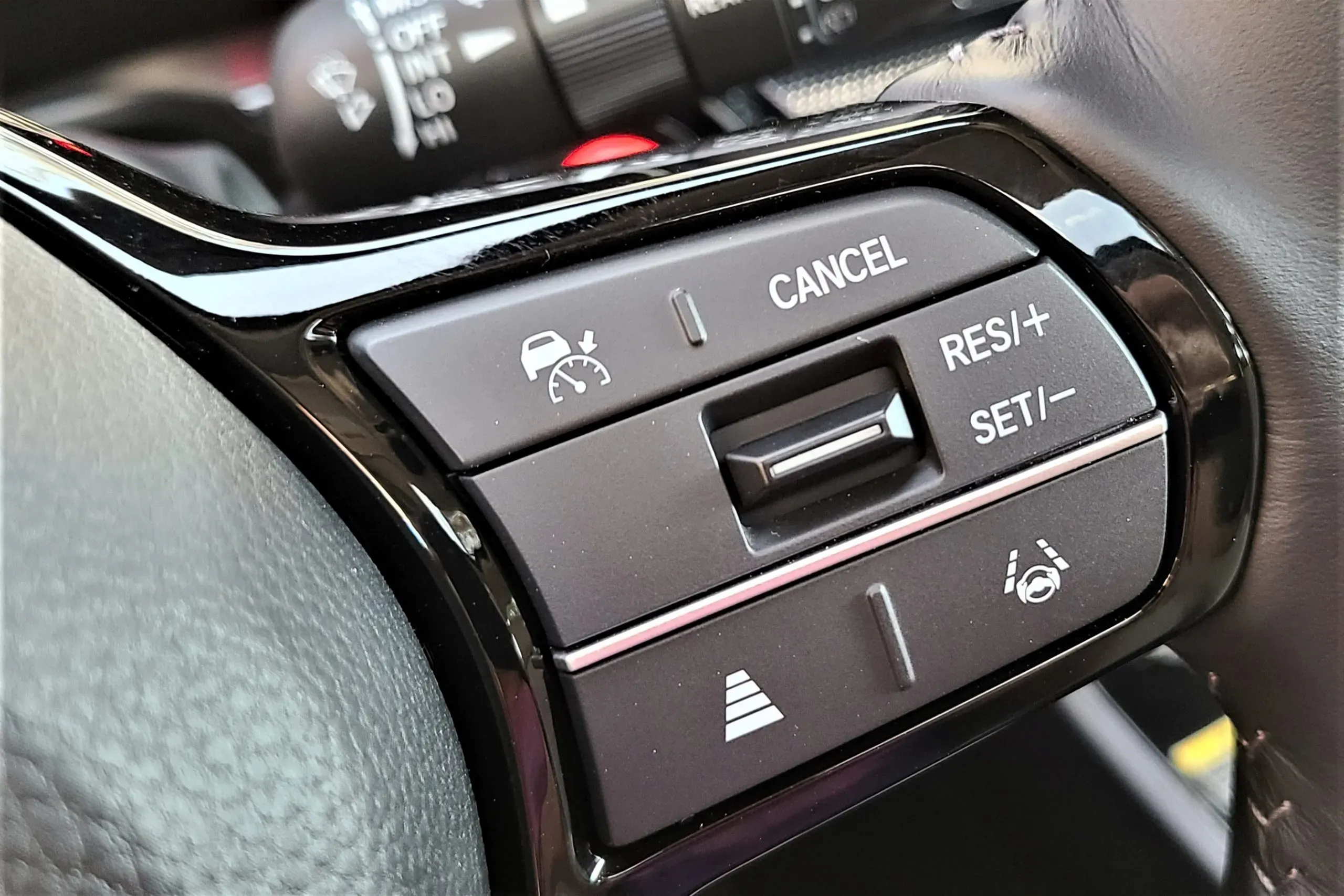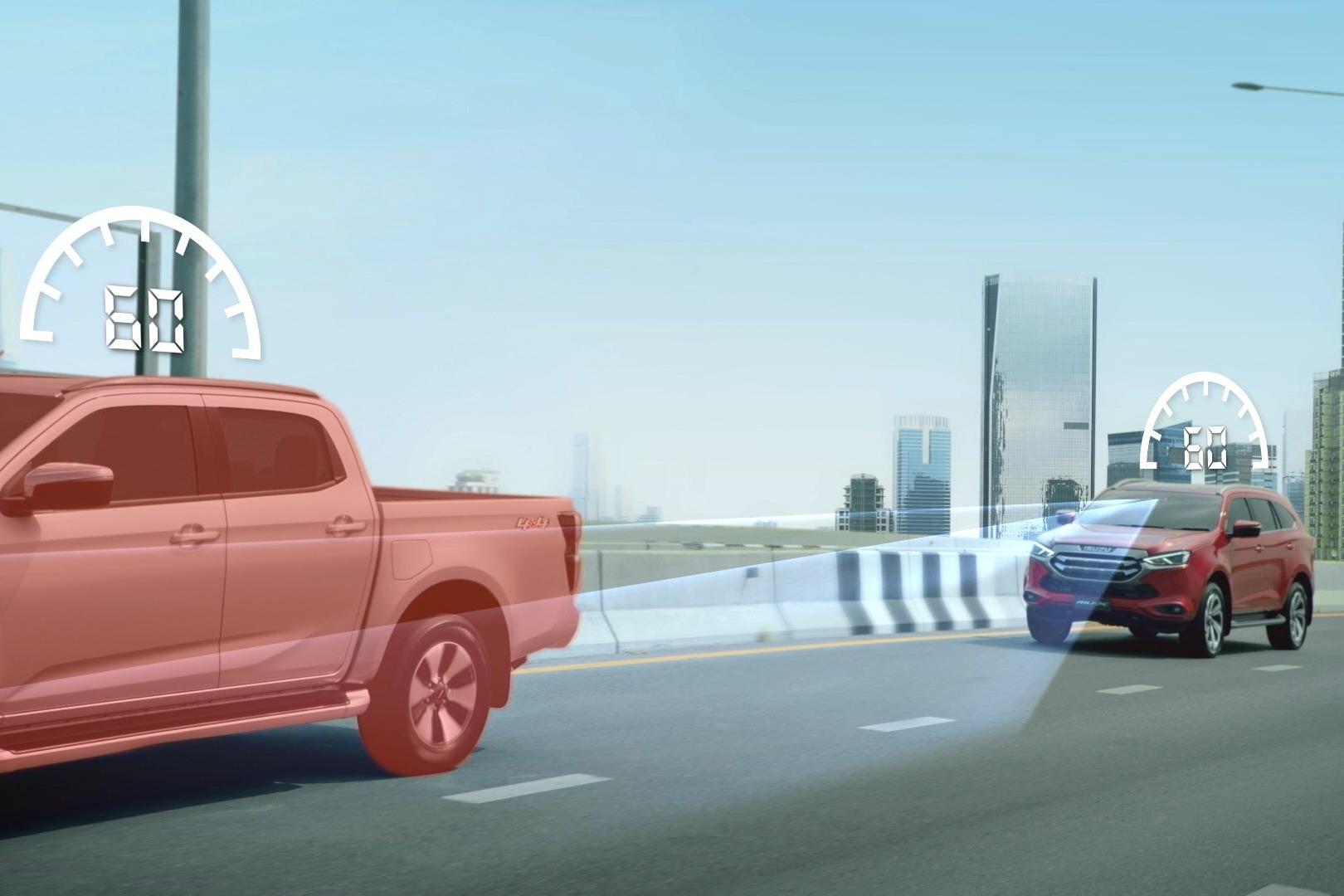New research has found the majority of Australian motorists aren’t yet ready to fully adopt in-car technologies such as adaptive cruise control, brake assist, and assisted parking, despite owning vehicles equipped for such functions.
A study conducted by Australian servicing and research company mycar have found that despite 76 per cent of drivers owning cars with some form of advanced driver assist systems (ADAS), only around 30 per cent of Australians have used adaptive cruise or lane assist in their most used vehicle.
Further, a reduced 28 per cent of respondents say they have used brake assist, and only 22 per cent have used assisted parking.
mycar head of technical transformation Tom Hatch says “the trust gap isn’t about capability – it’s about confidence and understanding”.
CarExpert can save you thousands on a new car. Click here to get a great deal.

“Features like adaptive cruise control and lane assist are designed to make driving safer and less stressful, yet only around a third of drivers regularly use them,” he told CarExpert.
“These technologies can reduce the risk of collisions, manage fatigue, and improve efficiency, but uncertainty around how they work – and whether they can be trusted – is holding drivers back.”
The research comes as driver assistance systems become increasingly sophisticated, as evidenced by Tesla’s recent rollout of its Full Self-Driving (supervised) system in Australia and New Zealand.
Even if this feature is currently limited to one brand and costs more than $10,000 to enable, it’s likely that more brands will develop their own systems in the coming years, making the technology more accessible.

But for now Australian motorists have expressed their reluctance. Just 19 per cent of mycar’s respondents say they would use a fully autonomous vehicle for “most or all of their journeys”, even if the tech was legal and readily available.
Additionally, 40 per cent of respondents say they wouldn’t feel comfortable handing over complete control to self-driving vehicles.
“Education is the missing link,” Mr Hatch told CarExpert. “Drivers need clear, accessible information about how these systems function in real-world conditions. That means going beyond the owner’s manual and making driver education an ongoing process.”
Mr Hatch pointed to the ADAS Guidance Service launched by Australasian transport association Austroads earlier this year. According to the association, this service is intended to “help drivers, assessors, licensing authorities, and the broader community better understand and safely use ADAS”.

This is achieved through numerous fact sheets and explainer videos, intended to provide “simple, consistent explanations of ADAS functions”. A full suite of educational ‘ADAS Assist’ tools is available here.
“By offering independent, practical guidance on how these systems work, initiatives like this help bridge the gap between innovation and adoption,” Mr Hatch told CarExpert.
“This kind of support empowers drivers to use the latest technology correctly – and with confidence.”
mycar’s research follows a recent study by car insurer AAMI that shows Australian drivers are turning off safety warning systems they find “too sensitive”, while studies conducted in the Netherlands have found the use of adaptive cruise control could increase the likelihood of a car crash.
Stay tuned to CarExpert for an exclusive Q&A with mycar managing director Sylvain Borré, going live on November 8.
MORE: Australian drivers are turning off “annoying” safety systems, study shows
MORE: This common safety feature may increase the chance of a car crash
